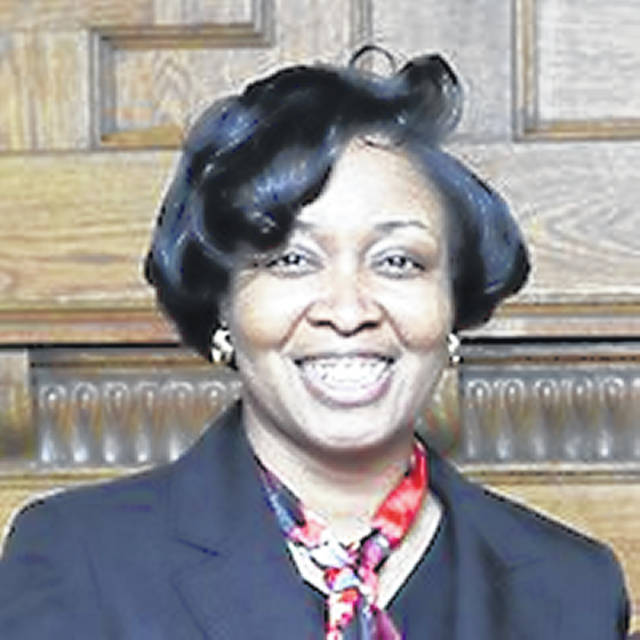As the accolades overflowed from current and former NBA players when Boston Celtics great Bill Russell passed away peacefully on July 31, one of the unique attributes of his legacy that stands out is that he never craved attention or being in the spotlight.
In Russell’s 2013 acceptance speech during the unveiling of the Boston City Hall statue honoring his pioneering NBA and civil rights accomplishments, he began with a modest opening statement: “What’s this all about?” Further in his remarks, Russell said, “If you really, seriously believe in God, no joking about it or anything, He does not need a marker to find you — and I don’t care if anybody else finds me.”
Russell was 79 years young at this time, and he was referring to comments he had made in an interview where he said that statues reminded him of tombstones and that he would be “perfectly satisfied to be buried in an unmarked grave.”
When reflecting on the extraordinary 88 years of life Russell was blessed to have, I believe that God specifically “marked” him to be an integral and influential social justice activist during the civil rights era, using sports as a platform to fight for racial equality. God made Russell large on the court, a 6-foot-10-inch bona fide rim defender, while at the same time making a way for him to be a defender of peoples’ rights.
Russell battled racism with the same tenacity he used against opponents who dared to challenge him in the paint. He never allowed prejudice and hatred to overwhelm him with bitterness, even while enduring repulsive racial confrontations as a Black athlete and Black man during the turbulent decades of the 1950s and ’60s.
One of the many great examples of this is when Russell went to Jackson, Mississippi, in 1963 after the assassination of NAACP field secretary Medgar Evers. Jackson was a city still deep in the throes of Jim Crow segregation, but Russell was willing to put his life on the line in the midst of escalating racial violence in the South. He successfully conducted the first integrated basketball camp for children in Mississippi, a powerful testimony of his firm belief in racial inclusion while defiantly standing against the vileness of White supremacy.
I will be expanding my segment on Russell’s place in civil rights history for my Sports Icons class that I teach every spring semester at Ohio State University’s Lima campus. This past spring, students in this course read about Russell’s social justice philosophy and how he was extremely vocal in fighting discrimination within professional sporting institutions as well as our society. I plan on extending more of our discussions on the impact Russell had culturally and politically as the first Black superstar of the NBA. From a cultural standpoint, I think students will find it interesting to examine the vast difference between Russell’s playing days and the current era they are witnessing in more detail.
Many of my students love to have GOAT (Greatest of All Time) debates, and there is no denying that Russell solidified himself as an NBA legend, winning 11 titles with the Celtics. When he became a player-coach for the Celtics in 1966, he had the honor of being the first Black NBA coach in league history, which was a beginning, albeit slowly, for African Americans to have front-office leadership opportunities.
I want my students to get a better understanding of how Russell fits into the GOAT debate a little differently because of his grassroots activism within the civil rights movement. His legacy is about much more than the rings he won. Russell wasn’t afraid to risk his career in speaking out against racial injustice, and in many ways, he had a lot more to lose than today’s athletes.
His rookie contract in 1956 was $24,000, a high salary during this period, but he did not have the cushion of lucrative endorsements. After just two years of being on the Celtics’ roster, Russell refused to play in an exhibition tour in Dallas because the organizers wanted to place Black players in segregated lodging quarters. Russell continued his bold protests as he matured into a veteran player, leading the way for younger Black athletes such as John Carlos, Tommie Smith and Muhammad Ali to follow.
As the NBA celebrates the life of Russell, hopefully younger basketball fans will learn more about what distinguished him off the court. He was a champion who demanded to be treated equally as a citizen. He fought for his respect and made the country a better place while doing so.
Dr. Jessica A. Johnson is a lecturer in the English department at The Ohio State University-Lima. Reach her at [email protected] or on Twitter @JjSmojc. Her opinion does not necessarily represent the views of The Lima News or its owner, AIM Media.







